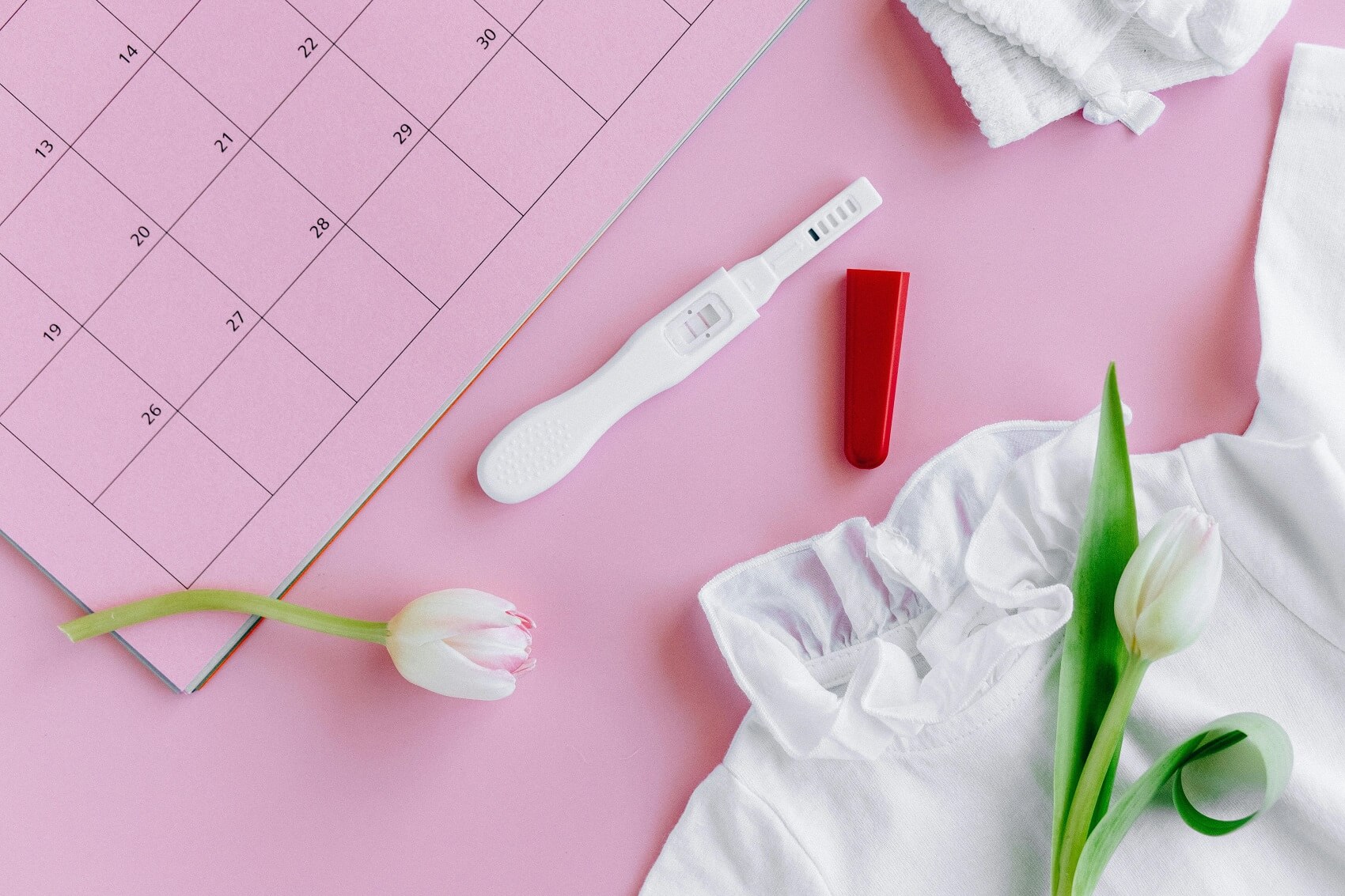We are experiencing a very high volume of calls and messages and ask for your patience. We will answer your portal messages within 48 hours.
We are experiencing a very high volume of calls and messages and ask for your patience. We will answer your portal messages within 48 hours.

When trying to get pregnant, it can help to know all about your menstrual cycle. Ovulation is the part of your menstrual cycle where you are most likely to get pregnant.
The specialists at InVia Fertility work with patients across Chicago, Arlington Heights, Crystal Lake, Hoffman Estates, and Northbrook, Illinois, to help them get pregnant and begin their journey to parenthood. It can begin with learning more about your ovulation cycle.
Ovulation is a phase during your menstrual cycle when an ovary releases an egg. The egg leaves your ovary, travels into your fallopian tube, and waits for fertilization. This phase generally begins around day 14 of a 28-day menstrual cycle. Ovulation lasts for about 12 to 24 hours. If sperm doesn’t fertilize the egg that your ovary released, it will be reabsorbed by the body.
Everyone experiences their menstrual cycle differently, but there are a few common symptoms of ovulation:
It is possible to ovulate while not getting your period, although generally, if you are ovulating regularly, you are likely getting your period regularly as well.
You are more likely to get pregnant when having sex during ovulation or right before you begin to ovulate.
Sperm can survive in your uterus for a few days. If there are sperm present when you begin ovulating or during your ovulation cycle, you can get pregnant, even if you haven’t had sex that day. If you are hoping to get pregnant, you have the highest chance of conception if you have unprotected sex one to two days before you begin ovulating and on the day of ovulation.
It is possible to plan sex to get pregnant around your ovulation cycle. There are several ways to find out when you’re ovulating.
One of the most common methods is the calendar method. Track your cycle’s length on a calendar; the first day will be the first day of your period. The halfway point is roughly when you will ovulate. For example, if your cycle is 31 days, you most likely will ovulate between days 14-16.
Paying attention to changes in your body can also help pinpoint when you may be ovulating. In addition to the symptoms we’ve covered, you can monitor the changes in your basal body temperature and cervical mucous. Your body’s basal temperature is higher during your ovulation cycle.
Take your temperature every day, get to know your cycle, and plan for sex the two to three days before your body’s temperature rises. Just before ovulation, your cervical mucous changes as well. It will become clear and stretchy. After ovulation, the mucous decreases and becomes thicker.
Over-the-counter ovulation kits are also available. Purchase one at your pharmacy and test your urine for additional hormones that enter your system before ovulation. Ovulation will happen about 36 hours after you get a positive test result.
Your fertility specialist at InVia Fertility can help you chart your ovulation and begin your journey to parenthood. Schedule an appointment at one of our practices around Chicago, Arlington Heights, Crystal Lake, Hoffman Estates, and Northbrook, IL, today.

Entire Website © 2003 - 2020
Karande and Associates d/b/a InVia
Fertility Specialists
